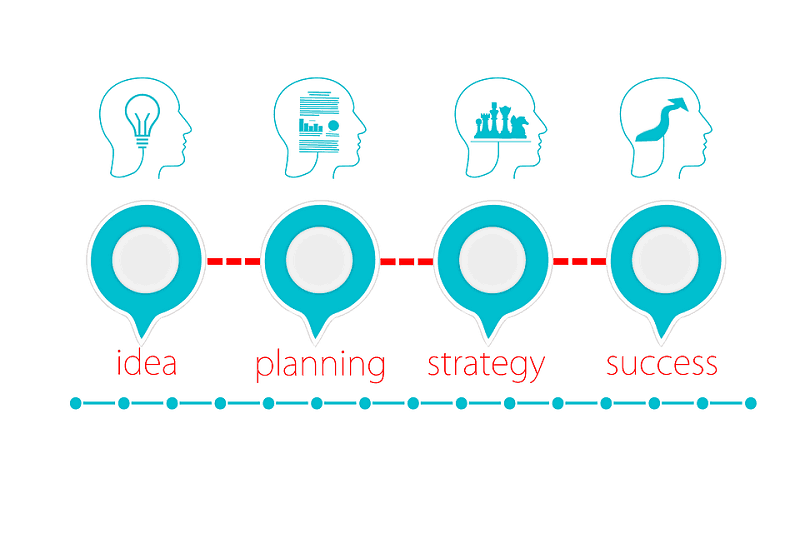America has long been known as the land of opportunity, but you are not alone if you feel as if there are fewer ways for enterprising and creative people to get by these days. With massive companies like Amazon offering prices on retail goods that small mom-and-pop stores simply can’t compete with, American entrepreneurs have to be more clever than ever to make their mark.
Fortunately, there are still ways to do this.
Table of Contents
What is Liquidation?

Small business owners are finding ways to actually exploit the massive size of Amazon and the rest of the big-box and e-commerce gang. Companies like Amazon don’t feel the need to be particularly careful with their returns and liquidations stock — it’s more efficient for them to sell those items off at wholesale prices, or even at a loss, and go back to focusing on areas where the economies of scale are more dramatic.
That has created an opportunity for smaller operations to swoop in and snap up Amazon returns pallets, Target liquidation pallets, Walmart pallets, and other similar deals. These small businesses and individuals then resell the items on the pallets for a profit. Sound like a good idea? It often is. But before you rush off to start your own liquidation business, check out the tips below.
Secure Your Startup Capital
Every new business needs enough funds to get off the ground. A liquidation business can have relatively low overhead early on, but it’s still important to start from a financially secure place. Plan out your business carefully before you get started, and make sure you’ve accounted for all of your expenses, including storage space and shipping costs. Make sure that your emergency fund is up to snuff, so that you don’t have to give up on your business if you hit a rocky patch early on.
And you should have more than just a personal emergency fund — your business could use one, too. This is a marathon, not a sprint, so make sure that you’ve got the cash to stick with your dream for the long haul.
Do Your Research and Specialize
The key to making big profits in liquidation is to know exactly how much the product you get your hands on will sell for on the open market. If you don’t know the right prices, you’ll end up ripping yourself off or prioritizing sales and listings of the wrong items.
Be sure to do your research and get to know your market. This will be a lot easier if you specialize in a certain family of products. When you sell nothing but smartphone accessories, for instance, you won’t have too much trouble learning all about the relevant brands and resale values.

Grow Slowly and Grow Wisely
If you start making significant profits off of returns and liquidations pallets, you’re going to be tempted to buy more and more of them. But be careful: while scaling your business up can often lead to cost efficiencies, it can also lead to dangers. And if you overextend yourself, you might find yourself without the time or the energy to get everything done.
You may find yourself short on employees or short on storage space. Your growth needs to be carefully planned, so sit down and do the math before you get too excited.
Know What to Outsource
When you first start your business, you’ll be running a pretty small-time operation. But as you grow, you’ll have lots of responsibilities to worry about, including payroll and taxes.
Smart outsourcing can help you get this sort of stuff done in an affordable and effective way. Hiring a whole payroll department for a three-person operation makes no sense, but doing things yourself could lead to costly mistakes, so trust outsourced solutions for things like that.




















Funding and research Erik; 2 keys to get your business off of the ground. Rocking tips bro.